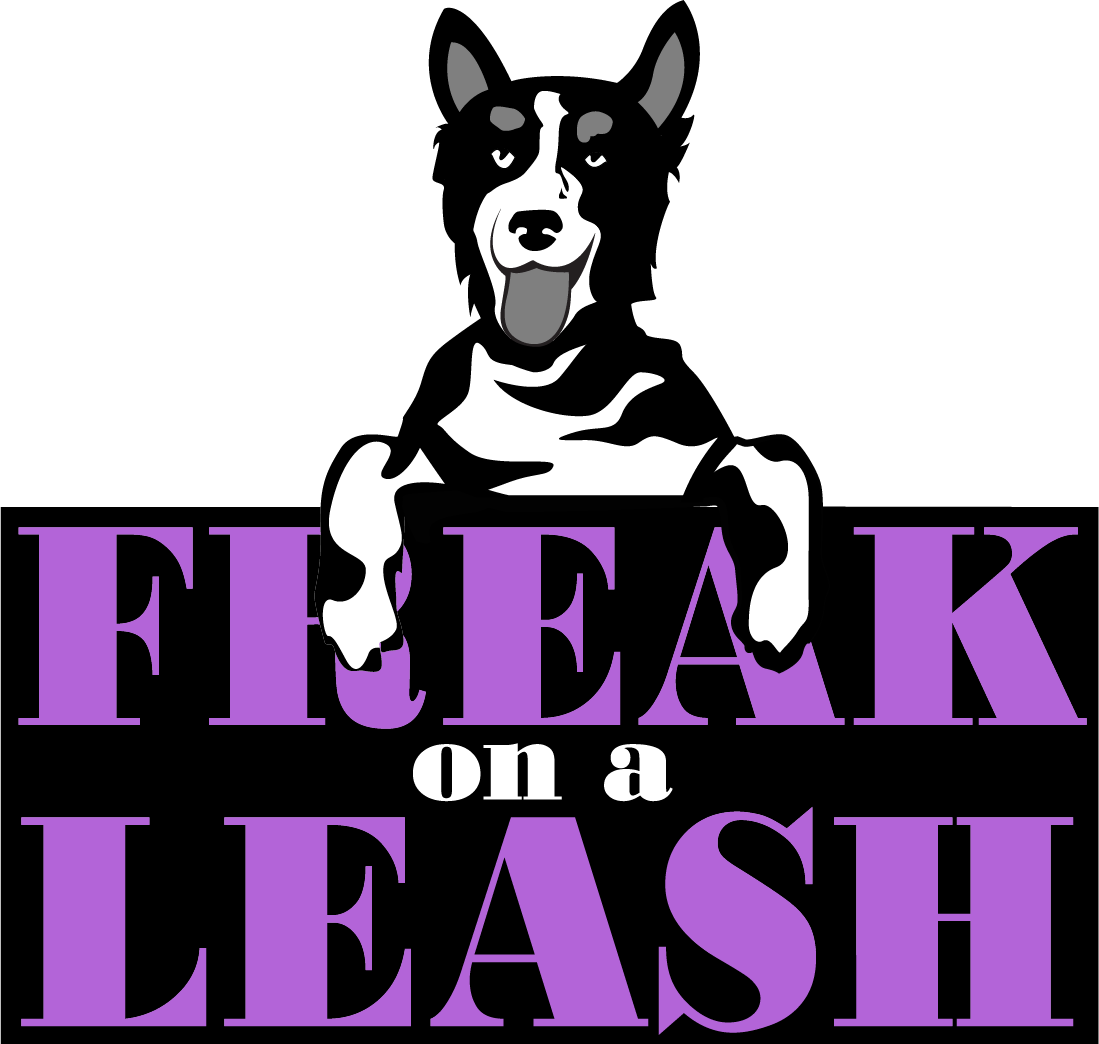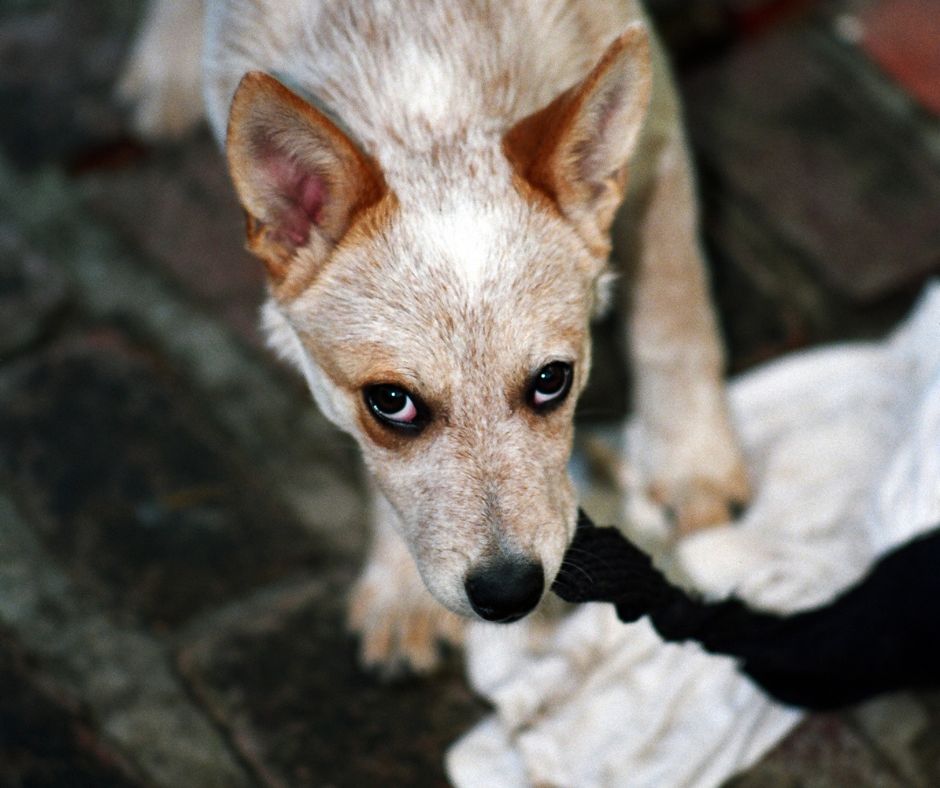Training a puppy can be an intimidating prospect, especially if you’re concerned about how to discipline without punishment. Fortunately, there are several proven techniques that can help any pet owner teach their pup the right kind of behavior. Here’s a look at some effective strategies for correcting puppies without punishing them.
Positive Reinforcement
Positive reinforcement is one of the most important tools in any dog trainer’s toolkit. It involves rewarding your pup with treats or praise when they demonstrate desirable behaviors. For example, if your pup is not house-trained (or is almost house-trained), give them a treat and plenty of verbal encouragement each time they complete the task correctly in the appropriate location. This will reinforce the correct behavior and encourage them to repeat it in the future.
Consistent Rules and Consequences
Puppies aren’t born understanding rules and consequences, so it’s up to you to teach them what’s expected of them. Establish clear rules for your pup and make sure everyone in the household is on board with enforcing those rules consistently. If your pup breaks a rule, don’t punish them—simply remind them that this particular behavior isn’t allowed and redirect their attention to something more appropriate. Over time, they’ll learn which behaviors are acceptable and which ones aren’t.
Redirecting Unwanted Behaviors
When your pup misbehaves, gently redirect their attention away from whatever activity caused the problem in the first place. For instance, if your puppy starts chewing on furniture or other items they shouldn’t be chewing on, give them an appropriate chew toy instead and praise them when they start playing with it instead of your furniture. This technique helps to prevent future misbehavior by providing an alternative option that’s better suited for your pup’s needs.
 Safe Zones
Safe Zones
When we get a puppy, we often inadvertently set him up for failure by allowing him to be in places he can’t succeed in. Your puppy needs to earn access to places where he can hang out with you, after showing you that he won’t pee on that rug, shred your favorite book and chew on your walls. Crates, gates, pens and tethers can help your puppy to learn much more quickly what is allowed and what is not by limiting his ability to make mistakes. Don’t be angry at your pup for destroying your home if you didn’t set him up in a safe zone. Puppy proofing a room or part of a room is essential for creating good habits.
Puppy Discipline: What Not to Do
There are ways of disciplining or correcting puppies that can do more harm than good. Let’s take a look at some of the common mistakes people make when trying to discipline their puppies and how to avoid them.
Hitting or Yelling at Your Puppy
It may seem like the easiest way to get your puppy’s attention is by raising your voice or even hitting them – but this is a definite no-no when it comes to disciplining puppies. Using physical punishment or shouting will only serve to instill fear in your pup and creates an unhealthy relationship between the two of you. Instead, focus on rewarding positive behavior with treats, verbal praise, and gentle physical affection like petting and cuddling.
Not Keeping Consistency
If you want your puppy to learn what is expected of them, consistency is key! It’s important that everyone in the household follows the same rules for behavior – if one person allows something while another says no, it will confuse your pup and they won’t know which behaviors are acceptable and which are not. Be sure to create clear boundaries for acceptable behavior and stick with those rules every time. That way, your puppy will clearly understand what you want from them.
 Misinterpreting Your Puppy’s Behavior
Misinterpreting Your Puppy’s Behavior
It’s important to remember that puppies don’t think like humans do; they act from instinct rather than logic and do not reason through situations like people do. If your pup does something wrong like chewing on furniture or having accidents in the house, don’t scold them – they won’t understand why you’re angry with them. Instead try channeling their behavior in a positive direction by providing toys or taking them outside often to provide plenty of opportunities to potty in the correct place. This will help teach your puppy appropriate behaviors without causing any confusion or fear.
Avoid hitting or yelling at your puppy as this can cause fear and anxiety; focus instead on rewarding behavior you like with treats or verbal praise so that your puppy will want to repeat those behaviors. Try redirecting your puppy’s behavior instead of scolding when they do something wrong – this will help teach them appropriate behaviors without causing any confusion or fear! With patience and understanding, teaching your puppy proactively how to live in harmony with you will be much easier and more rewarding than repeated conflict.
Overall, disciplining a puppy without punishment doesn’t have to be difficult; it just takes patience and consistency on your part as the pet parent. By using positive reinforcement techniques like treats and verbal encouragement paired with clear rules and gentle redirection techniques, you can help ensure that your puppy grows up into a well-behaved adult dog that knows which behaviors are acceptable and which ones aren’t. Are you having difficulties teaching your puppy appropriate behaviors? Let us help! Sign up for one of our puppy classes in Virginia Beach or Chesapeake, or set up private training with one of our trainers!

